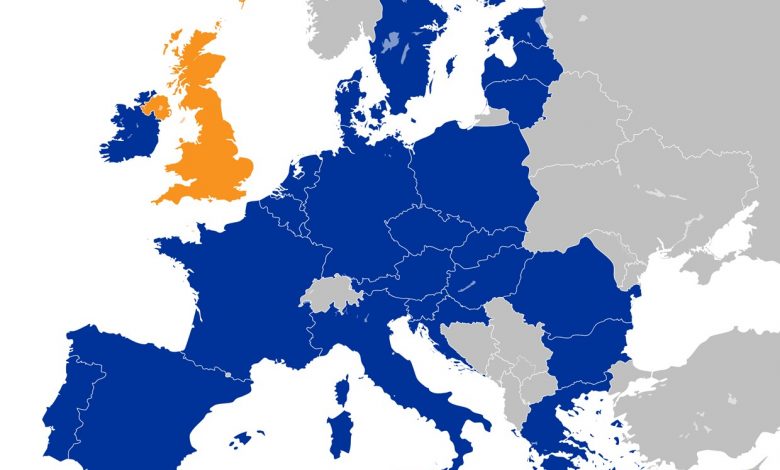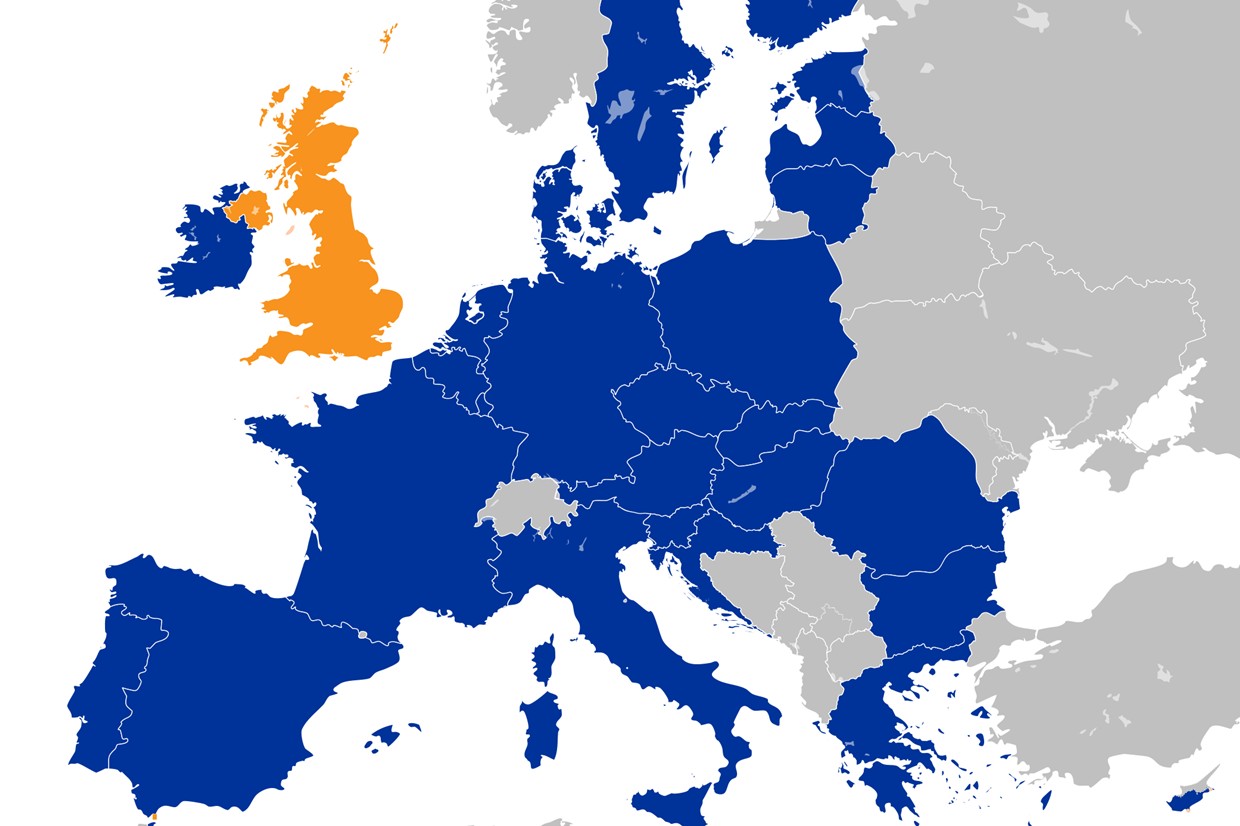

European Union foreign policy chief Federica Mogherini says the bloc will not allow any foreign meddling in Brussels’ legitimate trade ties with other countries amid US attempts to kill the bloc’s business relations with Iran after its withdrawal from a 2015 multilateral nuclear deal.
In a recent interview with the Saudi-based Arab News daily, Mogherini stressed the EU’s resolve to save the Joint Comprehensive EPlan of Action (JCPOA) despite the United States’ unilateral withdrawal from the 2015 Iran nuclear deal.
“We are working, as a union of 28 member states and with the rest of the international community, to preserve a nuclear agreement that has so far been implemented in full, as certified by the International Atomic Energy Agency in 13 consecutive reports. We do this because of our collective security,” she said.
The top EU diplomat also defended the JCPOA, saying that the accord “is delivering precisely on that purpose.”
“Part of this work requires us to guarantee that firms wanting to do legitimate business with Iran are allowed to do so. This is what we are working on right now: tools that will assist, protect, and reassure economic actors pursuing legitimate business with Iran,” she added.
Mogherini further emphasized that the bloc will not accept any foreign interference trade relations with other countries.
“It is true that this situation has triggered a conversation on European economic sovereignty. We Europeans cannot accept that a foreign power —even our closest friend and ally—makes decisions over our legitimate trade with another country,” she said.
She also rejected speculation that economic or trade considerations are pushing the EU’s motivation to keep the multilateral agreement in place.
“That is not the case: we do this to prevent a nuclear non-proliferation agreement that is working from being dismantled, and to prevent a major security crisis in the Middle East,” Mogherini said.
Last May, US President Donald Trump pulled out his country from the JCPOA in defiance of international objections.
Since then, Washington has unleashed its “toughest ever” sanctions against Iran. It has also warned of severe penalties for companies that evade the bans and engage in business dealings with Iran.
The EU, however, has been working to set up the so-called Special Purpose Vehicle (SPV), a payment mechanism aimed at facilitating business with Iran in the face of US bans.







